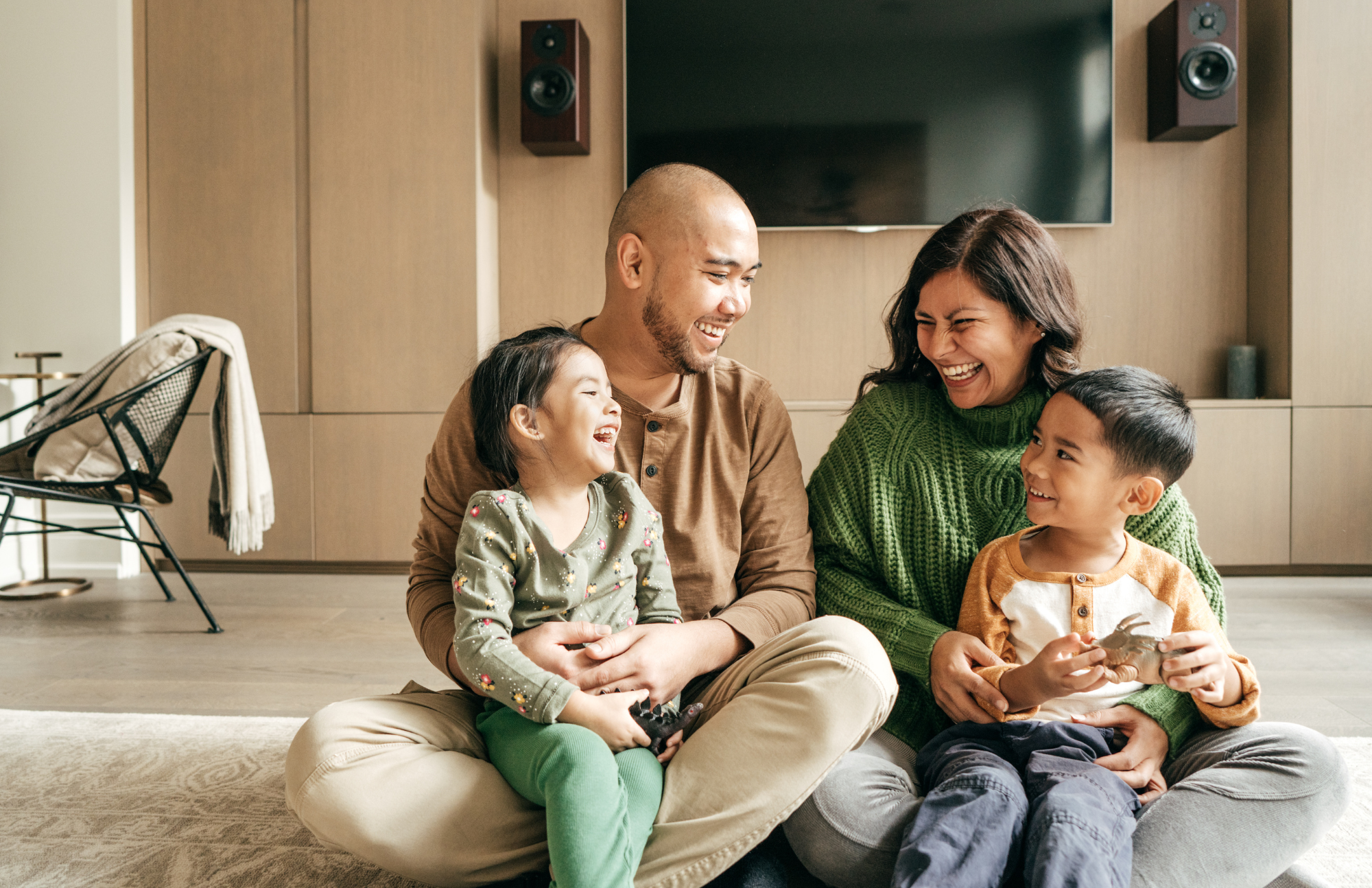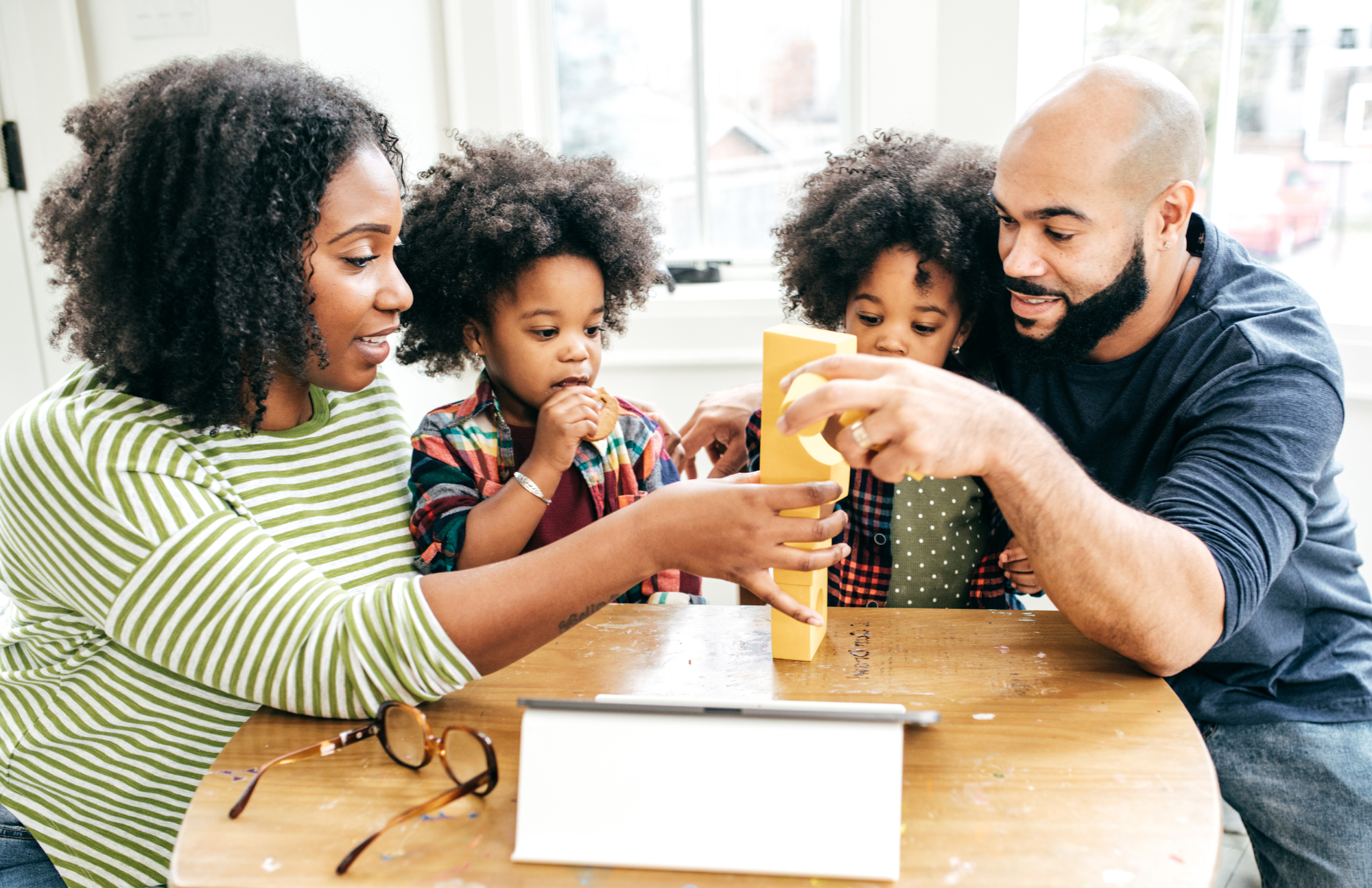The foundation for a resilient life can be built on small yet powerful moments throughout childhood. Meaningful friendships, trusted adults, and a strong community can all contribute to a child’s sense of belonging and self-esteem, leading to a multitude of positive outcomes later in life. These are called PCEs, or positive childhood experiences, and they are essential for building a resilient individual, family and community.

How are PCEs defined?
PCEs are experiences in childhood, both inside and outside the home, that build a child’s sense of belongingness and connection. They come from safe, stable, nurturing relationships and environments and remind children of their worth.
What are examples?
PCEs can take many forms, such as:
- Being comfortable talking to their family about emotions and feelings
- Having non-parent adults who care about you and take a genuine interest in you
- Feeling a sense of belonging in school
- Feeling free to play and safely explore their environment
- Predictability within the home
- Feeling supported by friends
- Participating in community traditions
These are by no means every example. The common thread through these experiences is that children feel safe, nurtured, and supported.

Who can help create PCEs?
Any adult with a trusting relationship with the child can create PCEs. Parents, teachers, caregivers, relatives, neighbors, and community members can all play a part in building an environment where a child feels safe and cared for.
What are the impacts of PCEs?
PCEs are a key indicator of positive outcomes throughout life, such as good health and academic success. There is a continuously growing body of research showing that these experiences lead to better mental health in adulthood. They also lead to healthier and more resilient families and communities.
As adults, there are simple tactics we can use to promote PCEs for the children and teens in our lives. Simple changes and conscious decision-making to help children feel appreciated, comfortable, and protected can lead to a lifetime of difference. Click here and here to learn more about what you can do to help build a resilient community.

